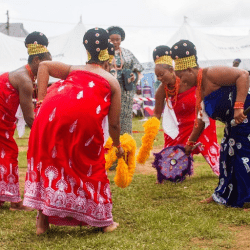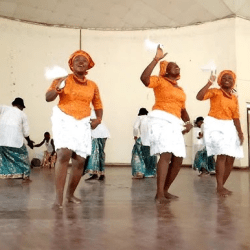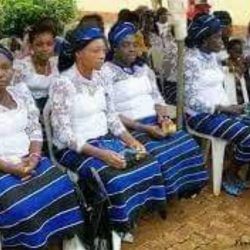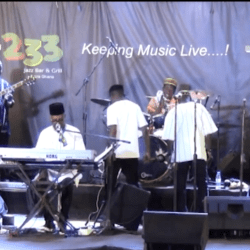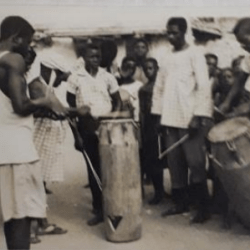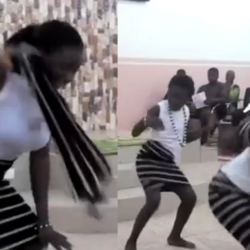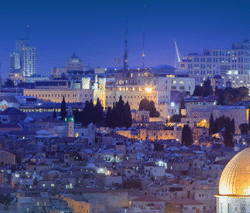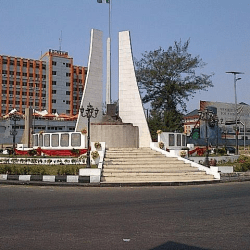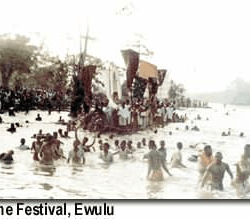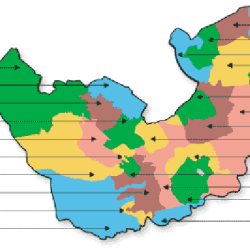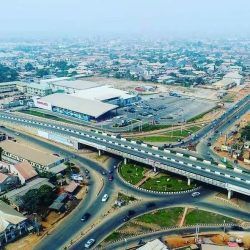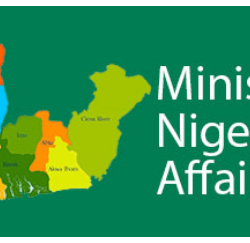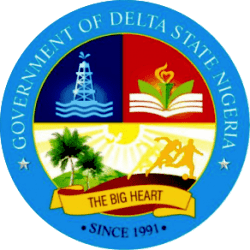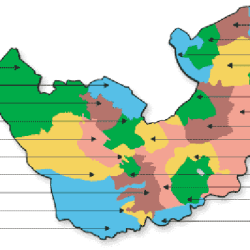The people of Delta State like making and listening to music which is prominent in in their ceremonies – religious and social.
Music is employed to reflect many moods; the drumming for example, can signal the emergence of war. A musician is expected to be dexterous with the use of various drums as well as be a poet/singer. His songs are expected to be a poetic creation. “Udje” songs (long poetic renditions) among the Urhobos are a good example of the peoples’ expectation of their music maker. The songs and drumming are fused into a harmonious blend. The songs make use of repetitions to create a desired poetic effect on the listener.
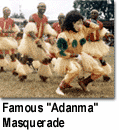
The people of the state enjoy dancing, being ever so lively and the dances range from the vigorous types like “Udje” and “Ikpeba” by the Urhobo, “Idegbeani/Egwu Agbala” and “Igele/Egwu-Amala” by the Igbos to the graceful and rhythmic dance movements of the Itsekiris and Izons. Also, popular among the Urhobos is the “opiri” dance which in recent times has been modernized. Among the vigorous dances is “aribofu” commonly enjoyed by the women.







One dance that does not fail to capture the attention of the audience is the “Ikenike” (stilt dance). It used to be an all-male dance among the Urhobos but the women have now invaded this preserve of the men. The most notable is the women Ikenike of Oghara.The Izons, Urhobos and Itsekiris are reputed for their very colourful masquerades whose dance steps are dictated by vigorously beaten drums.
The Izons and Itsekiris are also noted for their boat regatta usually organized to honor prominent people and for special occasions. Many professional traditional dance groups exist in the state. The Midaka and Ikenike cultural groups based in Sapele and Oghara respectively have won several laurels at national and international competitions.The state government, individuals and the ethnic groups are engaged in promoting the cultural dances of the people as a means of keeping them alive.
Delta
Delta is an oil rich state located in the Niger Delta area of Nigeria.
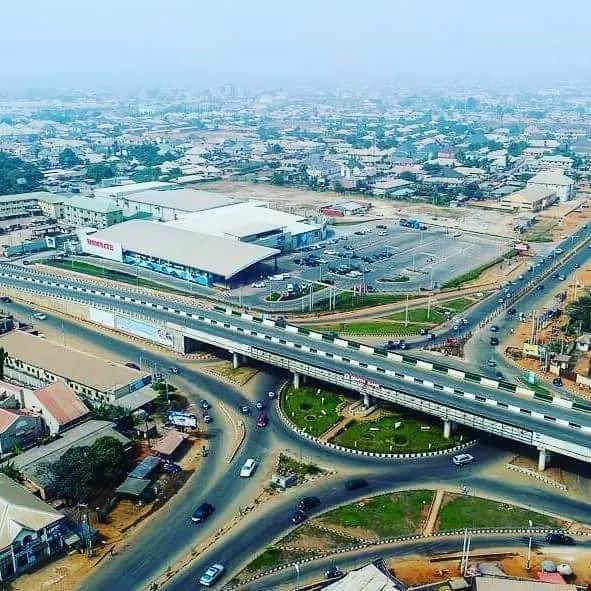
Name: Delta State of Nigeria
Founded: 27Aug, 1991
Administrative capital: Asaba
Commercial capital: Warri
The state is largely a peaceful and beautiful place known for: Oil wealth, two prominent cities of Warri and Asaba and for notoriety in cybercrimes and ritual killings.
Some of the young men can be very notorious daring to have a showdown even with law enforcement officers.
Delta has many ethnic groups. Top on the list are Ijaw and Igbo
Besides oil, Delta State is an agricultural producing state with large harvests of cassava and other crops.
It is situated in the region known as the South-South geo-political zone with a population of over 7 million persons.
The capital of Delta State is Asaba, located at the northern end of the state, with an estimated area of 762 square kilometres (294 sq mi).
Warri is the economic nerve center of the state and also the most populated. It is located in the southern end of the state.
Delta state has a total land area of 16,842 square kilometres (6,503 sq mi).
There are various solid mineral deposits within the state – industrial clay, silica, lignite, kaolin, tar sand, decorative rocks, limestone, etc.
These are raw materials for industries such as brick making, ceramics, bottle manufacturing, glass manufacturing, chemical/insulators production, chalk manufacturing and sanitary wares, decorative stone cutting and quarrying. But these minerals are under-utilized.
Delta state also has huge deposits of crude oil and is also one of the largest producers of petroleum products in Nigeria. Sales of petroleum products is what majorly drives its economy.
Delta State has some historical, cultural and socio-political tourist centers that attract visitors from around the globe. Some of these sites of tourism include:
Nana’s Palace built by Chief Nana Olomu of Ebrohim.
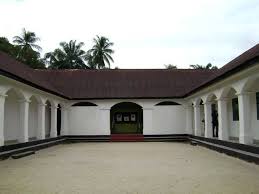
He was a powerful 19th century indigenous entrepreneur who traded with the British. The relationship eventually turned sour.
Later, he surrendered (not without putting up a fight) and was exiled to Ghana. His personal effects are housed in this grand palace.
River Ethiope which is reputed to be the deepest inland waterway in Africa (at 176 km).
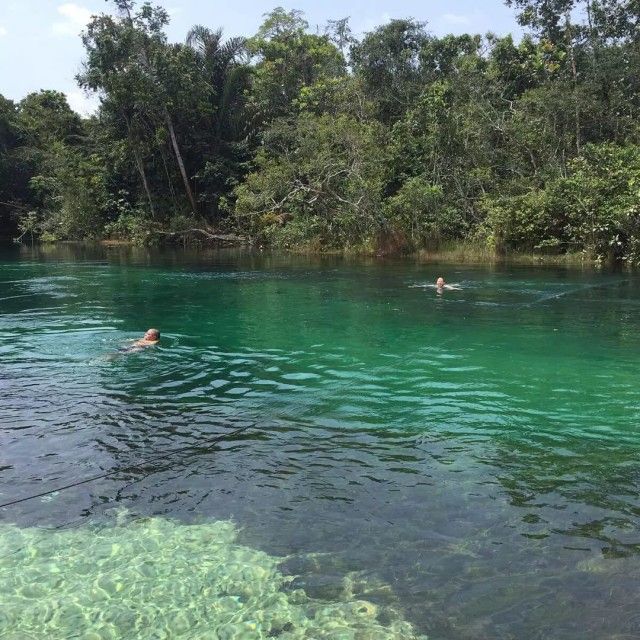
Its source is at the foot of a giant silk-cotton tree at Umuaja in Ukwuani Local Government Area of the state and flows through seven Local Government Areas in the State. It is a place of worship for Olokun traditional religion and also a common site for faithfuls of the Igbe Religious Movement.
Araya Bible Site which houses a copy of the Holy Bible. It is believed that the bible descended to this spot miraculously from heaven around August, 1914.
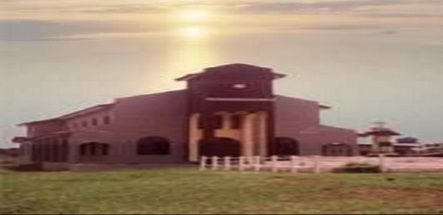
The bible dropped on rain-soaked yam and it didn’t get wet. The site now attracts thousands of Christians yearly.
Demas Nwoko Edifice which was built using traditional materials, designs and construction techniques of the Igbo civilization and the Benin Empire by Demas Nwoko, an architect, builder and artist of international repute from Idumuje-Ugboko, in Aniocha North Local Government Area, Delta State.
TMungo Park House which is now the site of the National Museum, Asaba. The house was constructed by the Royal Niger Company (RNC) in 1886 and was used as a colonial administrative headquarters, a military house, the colonial administrative divisional headquarters, the RNC Constabulary building, and the seat of the Urban District Council at different times.
Niger Bridge which connects Delta State (by extension, western Nigeria) to the Eastern part of Nigeria. It is a beauty to behold. It was completed in 1965 and cost £5 million. It was damaged during the civil war, but later repaired.
Lander Brothers Anchorage, Asaba which was built in memory of early British explorers. The complex has a museum, a graveyard, and many artworks and writings. It houses a replica of one of the boats that was used by the brothers.
Warri Kingdom Royal Cemetery which is 512 year old burial ground and serves as the resting place of past rulers of Warri kingdom.

